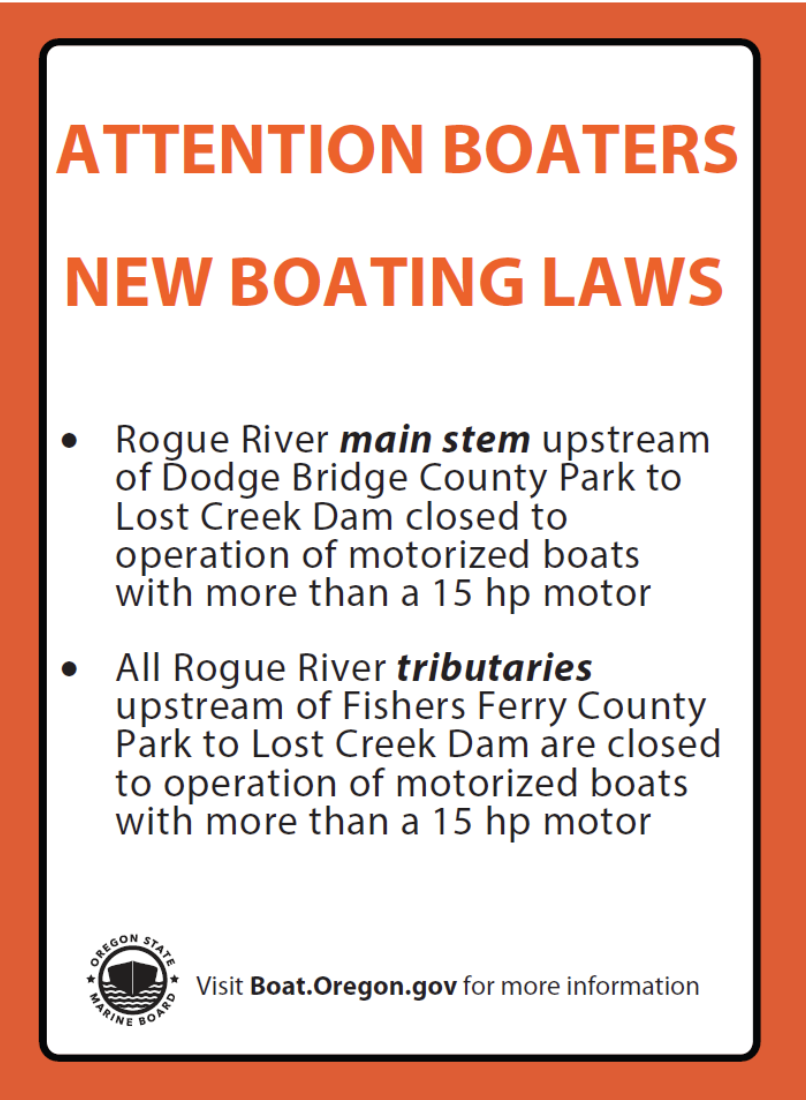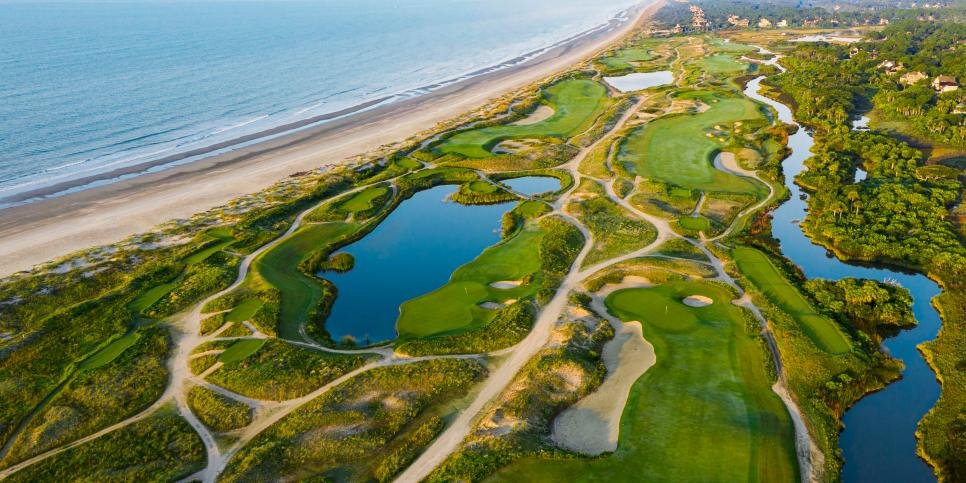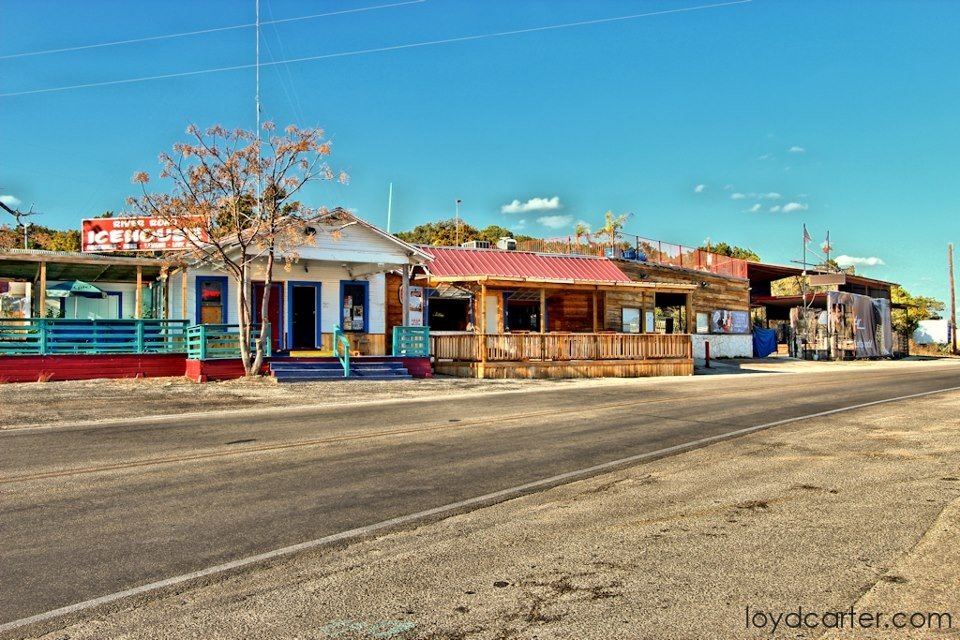Navigating the beautiful and varied waters of the Tar Heel State is a dream for any enthusiast, but to truly appreciate its scope, you must first ask: how many river basins are in North Carolina? Understanding this is the key to unlocking a lifetime of adventure, as the state is a genuine boating paradise defined by its incredibly diverse waterways. This knowledge transforms a simple map into a treasure chart, guiding you toward endless opportunities for aquatic exploration, from tranquil coastal estuaries to thrilling mountain rapids.

The Magic Number: Unpacking North Carolina’s 17 River Basins
So, let’s get right to it. North Carolina is home to an impressive 17 distinct river basins. But what exactly does that mean for someone with a paddle or a motor? Think of a river basin as a giant, naturally formed funnel. Every drop of rain that falls within its boundary lines—on mountains, fields, forests, and even city streets—eventually drains into a common creek, which flows into a larger stream, and ultimately joins the main river that gives the basin its name. This single, major river then carries all that water to its final destination, like the Atlantic Ocean or the Gulf of Mexico. It’s a massive, interconnected plumbing system designed by nature, and each of the 17 basins in North Carolina has its own unique character, challenges, and rewards.

Why Do River Basins Matter to Boaters and Anglers?
Knowing the number is one thing, but understanding the why is what separates a casual boater from a true explorer. The division into 17 basins is a direct result of the state’s dramatic topography, which ranges from the towering Appalachian Mountains in the west to the flat, low-lying coastal plain in the east. This geographical diversity means that no two river basins offer the same experience. In the western part of the state, you’ll find basins like the French Broad and the Watauga, characterized by colder, faster-flowing water, rocky bottoms, and incredible mountain scenery perfect for whitewater kayaking and trout fishing. As you move east into the Piedmont and Coastal Plain, the rivers in basins like the Cape Fear, Neuse, and Roanoke become wider, warmer, and more slow-moving. These are ideal for leisurely pontoon cruises, waterskiing, and chasing largemouth bass or coastal species as you get closer to the sea. Each basin is its own self-contained world of aquatic opportunity.
From Mountain Headwaters to Coastal Estuaries
The state’s hydrology is fascinatingly split by the Eastern Continental Divide, which snakes through the Blue Ridge Mountains. Of the 17 basins, 11 flow eastward, eventually emptying into the vast Atlantic Ocean. These are the rivers most North Carolinians are familiar with. The remaining five basins on the western side of the divide begin a much longer journey, flowing toward the Mississippi River and, ultimately, the Gulf of Mexico. This fundamental split creates drastically different environments.
“Many boaters stick to one lake or one river they know well,” notes Dr. Alistair Finch, a seasoned hydrologist and lifelong kayaker. “But when you start thinking in terms of entire river basins, you realize that the small creek you paddle in the spring is connected to the massive river you fish in the summer. It encourages a more holistic and adventurous approach to exploring the state’s waters.”
This perspective changes how you see the water. You’re not just on a river; you’re part of a massive, flowing system with a distinct beginning, middle, and end, each section offering a new adventure.

Exploring the Giants: A Closer Look at Key North Carolina River Basins
While all 17 basins are worth exploring, a few stand out due to their size, accessibility, and the recreational opportunities they provide. Getting to know these giants is the perfect starting point for your North Carolina boating journey. They represent the incredible variety available to anyone with a vessel, from a simple canoe to a powerful motorboat.
The Mighty Cape Fear River Basin
As the state’s largest river basin contained entirely within its borders, the Cape Fear is an absolute powerhouse of recreation. It stretches from the rolling hills of the Piedmont near Greensboro all the way down to the Atlantic Ocean near Wilmington. This vastness means you can experience a huge range of water types. Near the headwaters, its tributaries offer intimate paddling experiences. Further downstream, the river becomes wide and navigable, bustling with motorboats, sailors, and anglers. The lower section near the coast, with its rich history and saltwater marshes, is a prime destination for fishing and exploring coastal ecosystems.
The Scenic French Broad River Basin
For those who crave a more rugged adventure, the French Broad River Basin is a must-see. Born in the mountains near the South Carolina border, this ancient river—one of the oldest in the world—flows north through the stunning city of Asheville. It offers a mix of calm, scenic floats perfect for a relaxing afternoon and stretches of Class II-IV whitewater rapids that will get your adrenaline pumping. It’s a kayaker’s and rafter’s paradise, surrounded by the breathtaking beauty of the Blue Ridge Mountains. The water is clear, the air is crisp, and the experience feels a world away from the coastal plains.
The Neuse River Basin: A Paddler’s Haven
The Neuse River claims the title of the longest river entirely within North Carolina, and its basin is a journey through the heart of the state. It begins in the Piedmont and meanders gently eastward, growing wider and slower as it goes. This makes it exceptionally popular for long-distance canoeing and kayaking trips, with numerous camping platforms available along the Neuse River Canoe Trail. As it nears the coast, it widens into a massive estuary before emptying into the Pamlico Sound, creating a brackish water paradise for boaters, sailors, and anglers targeting saltwater species.
What Should You Know Before Launching in a New River Basin?
Venturing into a new river basin is exciting, but it requires a bit of preparation. Water levels can change dramatically based on rainfall, especially in the mountain and Piedmont regions. Always check the latest flow rates and weather forecasts before you head out. Be aware that local regulations for fishing, speed limits, and no-wake zones can vary from one part of a basin to another, especially as you cross county lines or enter different jurisdictions.
“Safety is paramount, and it starts with research,” Dr. Finch advises. “A river’s personality can change completely over 50 miles. What’s a gentle float in one section could be a technical challenge downstream. Understand the access points, know the potential hazards, and always, always wear your PFD. Each basin has its own rhythm; take the time to learn it before you go all in.”
How North Carolina Manages Its Waterways
Managing such a complex network of 17 river basins is a significant undertaking. The North Carolina Division of Water Resources plays a crucial role in monitoring water quality, managing water resources, and protecting the delicate ecosystems within each basin. Their work ensures that these amazing natural resources remain healthy and accessible for generations of boaters, anglers, and nature lovers to come. This commitment to conservation means that when you’re out on the water, you’re enjoying a resource that is actively being protected, which makes the experience all the more special.
| River Basin | Primary Boating Experience | Best For |
|---|---|---|
| Cape Fear | Motorboating & Paddling | All-around use, from city waterfronts to coastal marshes. |
| French Broad | Whitewater & Scenic Floating | Kayaking, rafting, and enjoying mountain scenery. |
| Neuse | Long-Distance Paddling | Multi-day canoe/kayak trips and estuary sailing. |
| Catawba | Lake Recreation | Powerboating, sailing, and fishing on large reservoirs. |
| Roanoke | Backwater Exploring | Fishing and exploring remote, cypress-filled creeks. |
Ultimately, the answer to how many river basins are in North Carolina is more than just a number; it’s an invitation. It’s a call to look beyond your local boat ramp and see the state as a connected tapestry of waterways, each thread offering a unique color, texture, and adventure. Whether you’re chasing the thrill of whitewater in the mountains or the tranquility of a coastal sunset, one of North Carolina’s 17 river basins is waiting to be your next great discovery.
Reviews
Sarah K.
★★★★★
My family and I rented a pontoon boat on Lake Norman, which is part of the Catawba River Basin, and it was the highlight of our vacation. The water was clean, and there were so many beautiful coves to explore. Plenty of public access and marinas made it super easy. Highly recommend for a family day out!
Mark Chen
★★★★☆
I’m an avid angler, and I’ve fished in at least five of the basins. The diversity is incredible. The Roanoke River Basin during the spring striper run is an experience every fisherman needs to have. The Neuse offers fantastic largemouth fishing further inland. You could spend a lifetime exploring and never get bored. Lost one star because some access points can get crowded on weekends.
David Thornton
★★★★★
As a resident of Asheville, the French Broad is my backyard. I’ve been kayaking and tubing it for 20 years. It’s a special river with a great community around it. Seeing the Biltmore Estate from the water is a unique perspective. It’s a real treasure of the mountain region.
Emily Rodriguez
★★★★☆
We took a guided paddling trip down a section of the Cape Fear River near Wilmington. Our guide was incredibly knowledgeable about the local history and the ecosystem. Seeing the cypress trees and all the birdlife was amazing. It felt very wild and remote even though we were close to the city. A bit buggy in the summer, so bring spray!
Brian “Sully” Sullivan
★★★★★
I own a small marina in the Neuse River basin, near New Bern. This area is a boater’s dream. You have the protection of the river, but you’re just a short trip away from the massive Pamlico Sound. The sense of community among boaters here is fantastic. It’s a great, safe place to learn sailing or enjoy a peaceful cruise.


